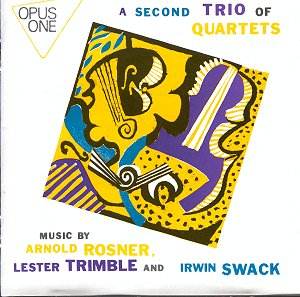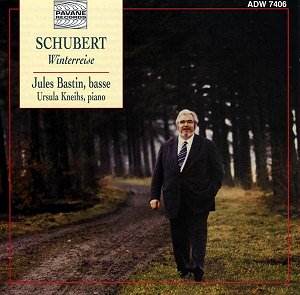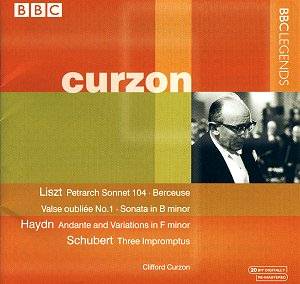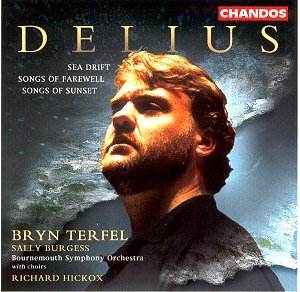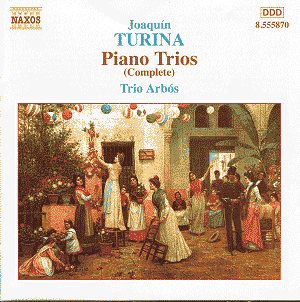 Composer: Joaquín Turina
Composer: Joaquín Turina
Works: Piano Trios (complete) – Trio No. 1 in D major, Opus 35; Trio No. 2 in B minor, Opus 76; Circulo, Opus 91; Trio in F major
Performers: Trio Arbós
Recording: Rec 26-29 July, 2000, Auditorio Joaquín Rodrigo, Madrid
Label: NAXOS 8.555870
Joaquín Turina occupies a notable yet often overshadowed position in the pantheon of 20th-century Spanish composers. His piano trios, now presented in their complete form by the Trio Arbós, reveal a rich tapestry of influences that blend Spanish folk idioms with the broader currents of European classical music. While the composer is frequently associated with the picturesque and the nationalist, this disc urges listeners to explore the deeper, more introspective layers of his artistry, as exemplified in the four works featured here.
The disc opens with the earliest of the trios, the unpublished Trio in F major from 1904. Although it is the longest work on the recording, it is arguably the least compelling. The ensemble’s performance captures the youthful exuberance of the piece, but moments of overindulgence in sentimentality hint at a composer still grappling with his voice. The lively Allegro in 5/4 time, however, showcases Turina’s rhythmic ingenuity, and the Trio Arbós adeptly navigates its nervous energy, offering a glimpse of the composer’s burgeoning potential.
The two later trios, particularly the Trio No. 1 in D major, Op. 35, and Trio No. 2 in B minor, Op. 76, reflect a maturation in Turina’s compositional style. The first trio is marked by its emotional depth, characterized by a troubled first movement that juxtaposes lyrical beauty with darker undercurrents. The Arbós players render the haunting variations on a slow theme with a sensitivity that allows the ghostly dance rhythms—such as the Habanera and Pavane—to emerge subtly from the shadows. In contrast, the second trio deploys a more classical architecture, displaying an impressive command of form that recalls the influences of Ravel and Poulenc, yet always anchored in Turina’s unique Spanish sensibility.
The standout work on the disc is undoubtedly Circulo, Opus 91, composed in 1936. Its three movements—Amanecer, Mediodía, and Crepúsculo—offer an evocative exploration of the passage of time, with the cello’s somber hymn at dawn transitioning into a lively Spanish dance at noon, before settling into the tranquility of dusk. The Trio Arbós performs this piece with striking clarity and nuance, capturing its abstract essence while avoiding the overt pictorialism that often plagues similar attempts. The interplay between the instruments is fluid and dynamic, revealing Turina’s intricate harmonic language and the introspective qualities of his chamber music.
The recording quality is commendable, with a clear and ambient sound that allows the subtleties of Turina’s textures to shine through. The engineering captures the warmth of the instruments while providing a balanced soundstage that respects the intimate nature of chamber music. This clarity enhances the listener’s experience, allowing for an appreciation of the performers’ technical prowess and interpretative choices without distraction.
Turina’s music is deserving of greater prominence in the concert repertoire, and this recording serves as an important testament to his artistry. The Trio Arbós brings a compelling combination of technique and expressive depth, making these works accessible to a modern audience while honoring their historical context. For those willing to delve into the nuanced world of Turina’s piano trios, this Naxos release is an essential addition to the catalog—one that may well ignite a wider interest in a composer whose music resonates with both melancholy and exuberance. The individual characteristics of each trio are best appreciated when savored separately, ensuring that Turina’s rich sound world is fully explored and appreciated.
